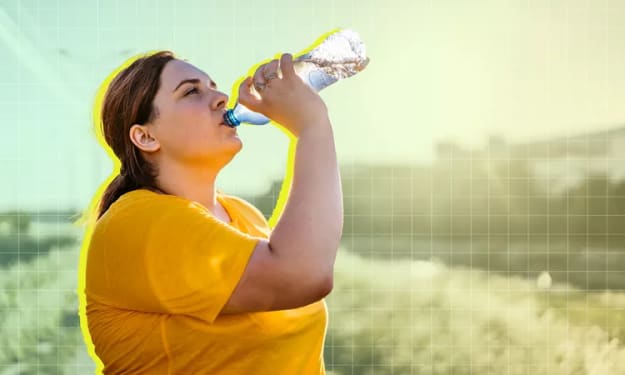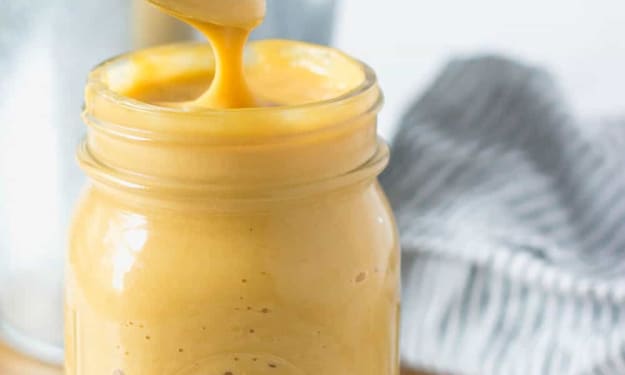Ways to Detox Your Liver
Recovering the Liver After Drinking

If you've recently cut back or stopped drinking altogether, you may want to take some time to determine how best to support the detox and repair of your liver. Even if you have an enlarged liver for non-alcoholic reasons, you can use these tips to help repair any damage that you can.
Stay hydrated (in a healthy way).
Yeah, it's a common piece of advice for plenty of health concerns. Drinking water is a wonderful way to help flush toxins from your body. If you've been drinking heavily, chances are you have not been getting enough water, so switching to water will help. Having sparkling water or water flavored from pouches even helps some people to keep a healthy drink in their hands, which can help with some of the cravings from quitting drinking.
Beyond water, tea also is an excellent choice. When people drink, they often end up with problems with their gut bacteria. Studies show that oolong and dark tea assist with alcoholic liver diseases, and black tea also can help with non-alcoholic liver damage. Coffee has shown some propensity to help protect the liver, but anyone with stomach damage should balance the damage coffee can do to the stomach lining with the potential help to the liver.
Eat your veggies.
Vegetables are generally healthy for everyone, but certain vegetables provide more protection and toxin-flushing for the liver. Cruciferous vegetables - generally broccoli, cauliflower, and carrots - are excellent sources of both fiber and liver protection. Beets are not a common food in most people's diet, but they are an excellent source of phytonutrients and also help breakdown fat, which is a huge benefit when you're trying to detox your liver. The best part is that even if you do not like beets in their vegetable form, you can get the same benefits from them in their juice form.

Enjoy your Omega-3s.
The benefit of Omega-3 is that it serves to aid in liver function but also is known for its anti-inflammatory properties. When the liver is damaged, the body is often inflamed in other areas as well. Eating foods that will help naturally reduce this inflammation and make you healthy overall. Nuts, especially walnuts and almonds, are a huge source of Omega-3. Fatty fish, like salmon, also are great sources although people with fatty liver should eat such foods sparingly. Eggs and Brussels sprouts are also excellent sources of Omega-3, and the sprouts also are a cruciferous vegetable.
Look for reds.
Greens get a lot of accolades, as well they should, in the vegetable world, but when picking foods for helping get a healthy liver, don't overlook the reds - bell pepper, tomatoes, watermelon, pomegranate, and papaya. These fruits and vegetables are high in lycopene, (Of course, the previously discussed beets also are high in lycopene.) Foods high in lycopene help with breaking down fat cells. They also have the benefit of being generally delicious!
Enjoy a good citrus fruit.
Citrus fruits, including oranges, limes, lemons, and grapefruit, are antioxidants. For the benefit of the liver, they also help with the production of bile, which may be imbalance in people with liver damage. Be careful with grapefruit, however. It interferes with many medications and can exacerbate problems. Unless you're entirely sure you can eat grapefruit, stick to the other options in the citrus family.
It is not possible in all cases to reverse all or the majority of liver damage, but adding these foods and drinks to your diet will be the best option you have for helping to improve the function of this very important organ.
About the Creator
Brandi Brown
Brandi is a writer and part-time foodie. She feeds a diabetic spouse, a meat-and-potatoes kid, & a wannabe vegan on the daily. Read about what she's learned.






Comments
There are no comments for this story
Be the first to respond and start the conversation.